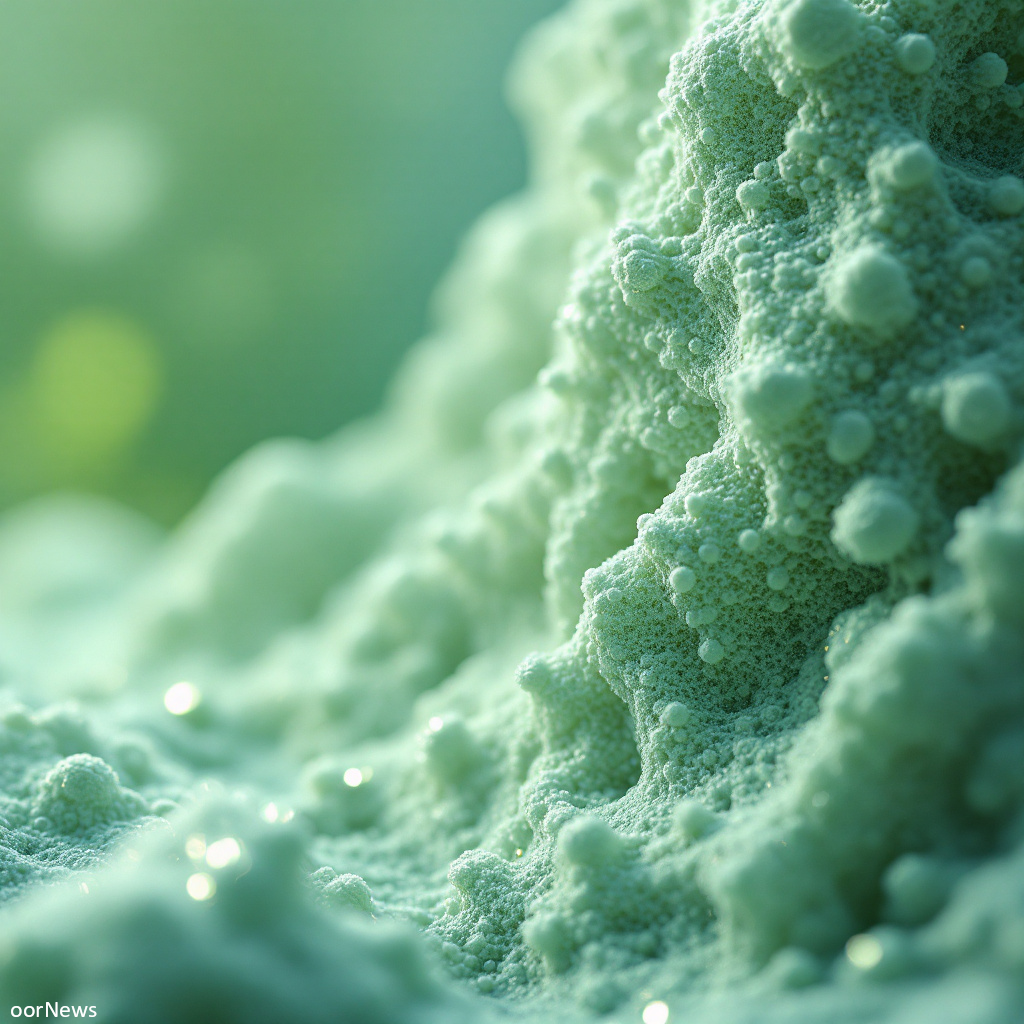Your cart is currently empty!

Waste Gum from Indian Trees Gives Supercapacitors Longer Life

Scientists from Scotland, South Korea, and India have used waste gum from Indian trees to forge a greener path for supercapacitors. They have combined gum kondagogu—a polysaccharide from the bark of the Cochlospermum Gossypium tree—with sodium alginate to form a sponge-like substance known as “KS.” This new biopolymer is added to the acidic electrolyte found in standard supercapacitors, giving the electrodes a protective layer that slows their decay.
Supercapacitors are prized for their fast charge and discharge rates in everyday gadgets, power grids, and electric cars. Yet, they often lose their full charge-holding ability because the acidic electrolytes stir unwanted reactions with the metal electrodes. In lab tests, the added KS layer helped a supercapacitor preserve 93% of its original energy over 30,000 cycles. In contrast, a similar unit without the KS dropped to 58% over the same period.
The research may widen the life span of supercapacitors and trim the growing burden of electronic waste. At the end of their running life, worn-out supercapacitors add to a long list of harmful waste that affects the land and water. This new method makes it possible to reuse a byproduct once deemed a nuisance.
Dr Jun Young Cheong of the University of Glasgow’s James Watt School of Engineering said, “Tree gums have a wide range of uses in industry, in applications like pharmaceuticals, food, or cosmetics. However, the gums we’ve used in this study don’t have many practical uses, and are actually a bit of a headache for the Indian government to dispose of. With this research, we’ve found a way of making something genuinely impactful from this gum, creating a biodegradable, recyclable biopolymer which enables remarkable performance and could extend the useful life of supercapacitors dramatically. In the lab, we’ve shown excellent performance over 30,000 cycles. If we were to run one cycle per day, the supercapacitor could theoretically last more than 80 years without losing significant performance, which could mean that supercapacitors could be used in devices for much longer without being replaced.”
Leave a Reply